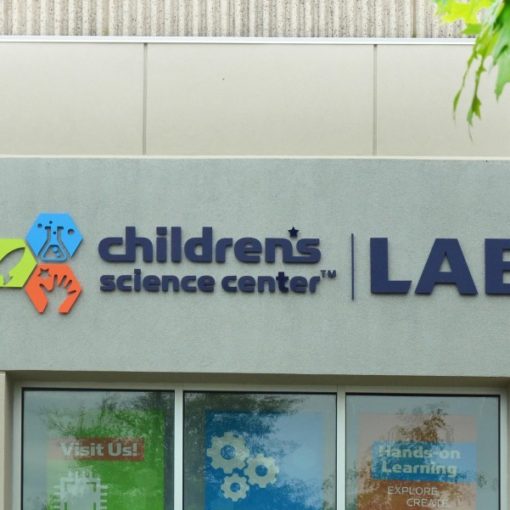Contributed by Dennis Chamot, CSW President
As summer approaches and the academic year draws to a close, I thought this would be a good time to examine the current job market for chemists. This will be the topic to be discussed at the May 26 membership meeting, featuring a presentation from Dr. David Harwell (see details elsewhere in this issue).
Overall, the American economy is stronger than it has been in some time, and is still improving. However, some long-term trends have had, and are still having, major effects on jobs for chemists and other chemical professionals: downward pressures on federal and state budgets; industrial mergers; reduced opportunities for industrial research; globalization of not only chemical production but also chemical research; and technological advances that facilitate increased productivity (read that as needing fewer people to do the same amount of work).
Job creation in general these days is steady but slow. Whether one is a student about to enter the job market or an experienced chemist looking for new opportunities, the key to success may well be flexibility, which, by the way, is not at all a bad thing. Personally, I have found the training I received in becoming a chemist to have provided me with a whole variety of skills that I have been able to apply successfully in venues far removed from the laboratory or classroom, e.g., logical thinking; the ability to formulate hypotheses, develop evidence, and perform analyses leading to useful conclusions; and the ability to present arguments clearly, both written and oral.
So where can chemists work? Everywhere–in laboratories and classrooms, certainly–but also, for example, in corporate executive suites, in state and federal regulatory agencies, in medical research and practice, as patent attorneys and patent examiners, in consulting and advisory organizations, as technical writers, as congressional staff, and on and on.
So, join us on May 26. We will get the data and statistics, and can explore both the challenges and opportunities.


